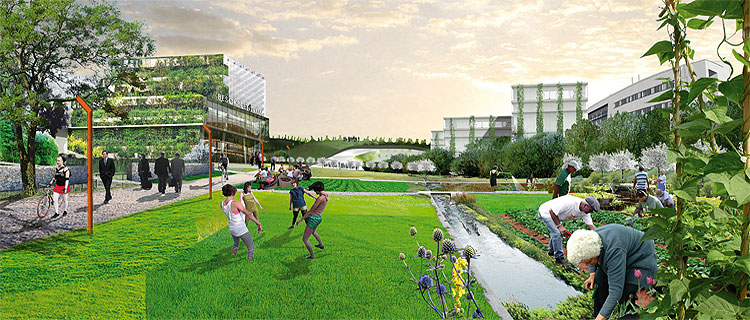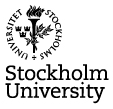
Social-ecological innovations in cities
Stockholm seminar with Marianne Krasny, 7 June 2012.
In cities across the US, immigrants, African-Americans, and other residents are finding innovative ways of stewarding nature that integrate environmental, community, and individual-level outcomes.
These urban civic ecology practices — including community gardening, shellfish reintroductions, tree planting and care, and "friends of parks" initiatives to remove invasive and restore native species — generally begin as small, self-organized efforts after a prolonged period of economic and environmental decline or more sudden major disturbances such as hurricanes or typhoons.
Those practices that are sustained expand to encompass partnerships with non-profit organizations; local-, state-, and federal-level government agencies; and universities.
Civic ecology practices reflect local cultures and environments, as well as the practical knowledge and social-ecological memories of city residents, and thus vary widely across different cities.
Our investigations into civic ecology practices provide insights into how residents in densely populated urban neighborhoods are designing means to connect with urban nature.
Marianne Krasny
Marianne Krasny is professor and chair in the Department of Natural Resources, and Director of the Civic Ecology Lab, at Cornell University in Ithaca, New York.
She works with community-based organizations to examine how self-organized, environmental stewardship practices in cities contribute to ecosystem services, civic renewal, and social-ecological systems resilience. She also directs the US Environmental Protection Agency's national environmental education training programme.
Through this multi-collaborator initiative, Dr Krasny serves as a "scale-crossing broker" to foster exchange of ideas between an emerging group of urban environmental educators and the more established environmental education community, with the goal of redefining environmental education for an urban society.
Time and place
Linné Hall, Beijer Hall, the Royal Swedish Academy of Sciences,
Lilla Frescativägen 4, Stockholm
Download seminar invitation here Pdf, 353.1 kB.
Pdf, 353.1 kB.
The lecture is free of charge and open for all interested.
Vacancies | Contact | Environmental policy | Cookies
Stockholm Resilience Centre
Stockholm University, Kräftriket 2B | Phone: +46 8 674 70 70 | info@stockholmresilience.su.se
Organisation number: 202100-3062 | VAT No: SE202100306201


